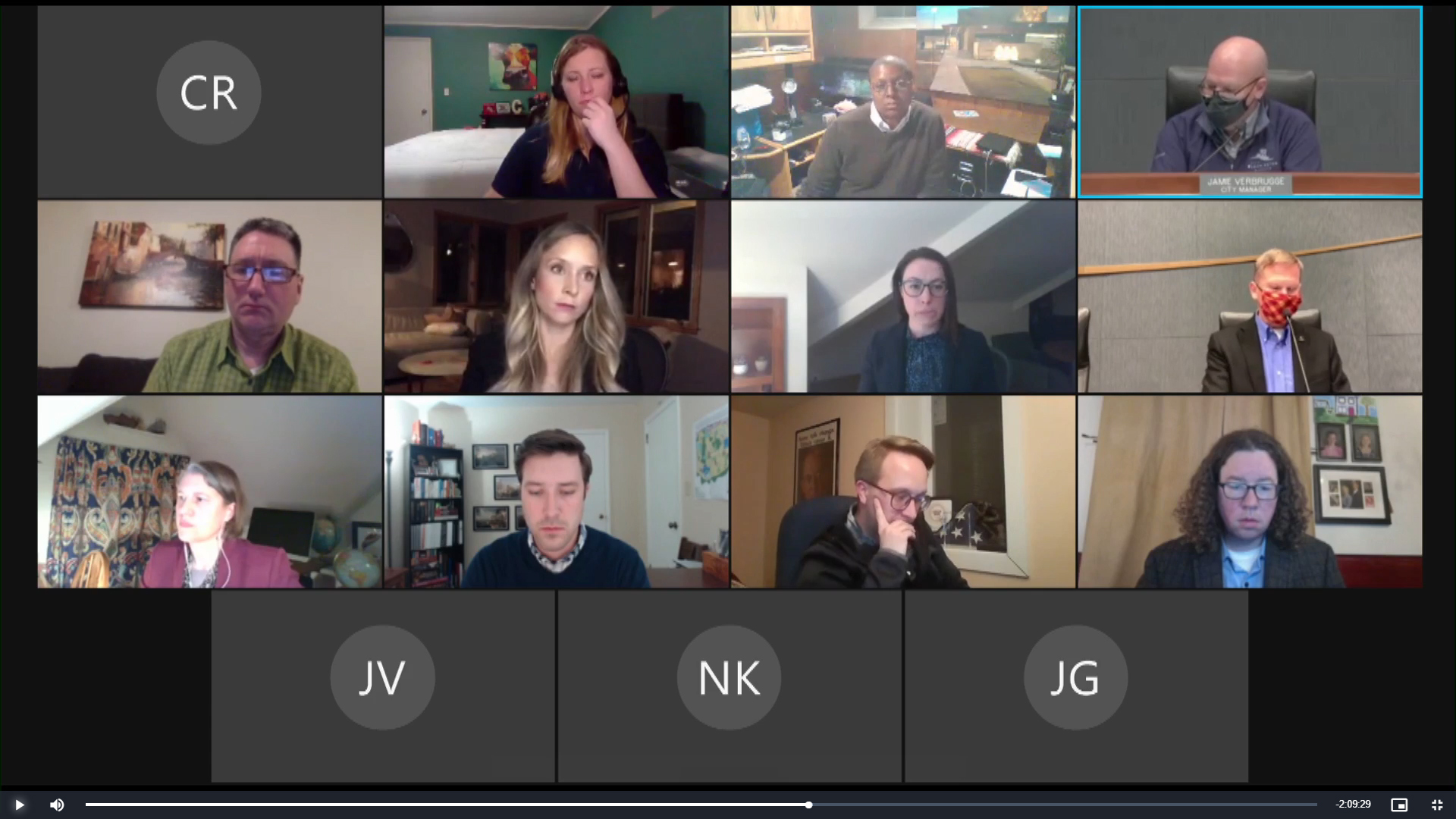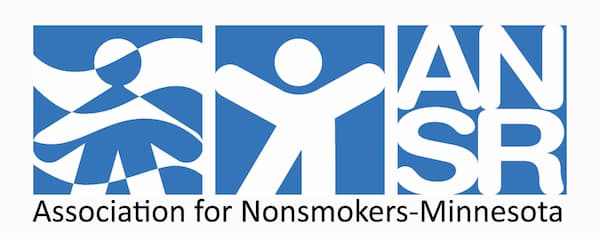
Bloomington, Minn. – Always a state-wide leader in protecting youth and residents from the harms of tobacco, Bloomington City Council voted 4-2 on April 26 to end the sale of all flavored tobacco products, including menthol.
The ordinance also provides for the official sunsetting, or end, of all tobacco licenses in the city through attrition, a first of its kind ordinance in Minnesota. Bloomington will no longer issue new tobacco licenses. If a store with a tobacco license closes, that license will be eliminated. This will go into effect June 30, 2022.
The ordinance completely clears menthol, candy and fruit-flavored tobacco products from stores in Bloomington and will go into effect on Jan. 1. The tobacco industry uses these flavors to hook a new generation of users, resulting in addiction, disease and death. Eighty percent of youth tobacco users use flavored tobacco. Additionally, the industry has targeted Black communities with menthol for decades, creating immense health disparities.
“I am proud that Bloomington has joined the growing list of Minnesota cities deciding to end the sale of all flavored tobacco,” said council member Jenna Carter, a strong supporter of the ordinance. “Removing flavored tobacco, especially menthol, from stores in Bloomington will protect our youth and help alleviate health disparities.
“We have also taken a bold step toward a tobacco-free future here in our city. By no longer issuing new tobacco licenses and by sunsetting existing licenses, we will one day live in a city free from the impacts of commercial tobacco sales.”
Removing menthol and mint-flavored products that heavily target the Black community aligns with a recent vote by the council that proclaimed racism a public health crisis. In Minnesota, African American (88 percent), LGBTQ youth (70 percent) and all youth (34 percent) smokers use menthol at a higher rate than the general population.
“A few months ago, this council declared racism as a public health crisis. For decades, tobacco companies have channeled menthol tobacco products into Black communities, causing death and disease,” said Shoreview Human Rights Commissioner Gene Nichols, who testified on Monday. “Bloomington has the opportunity to take a stand and protect its Black residents of all ages. Lowering smoking rates and eliminating health disparities would create improved health outcomes, reduce inequities and lower health care costs, which would benefit all Minnesotans.”
Eric Li, a high school sophomore and member of the Minnesota Youth Council, spoke in favor of the ordinance, as well.
“Flavored products mask the harshness of tobacco, but they are just as addictive and harmful as non-flavored tobacco products,” Li said. “Many flavored vape products contain as much nicotine or more than a pack of cigarettes, but kids my age aren’t aware of this so they aren’t worried about becoming addicted until they are.
“My colleagues and I at the Minnesota Youth Council … were especially concerned that 70 percent of youth who use e-cigarettes are now showing signs of addiction.”
Overall, youth tobacco use had already taken an upward swing in 2017 for the first time in 17 years because of
e-cigarette and flavored cigar use. Bloomington is the 22nd Minnesota community to restrict the sale of flavored tobacco and the 17th to also restrict the sale of menthol. Ten of those cities completely ban flavors.
